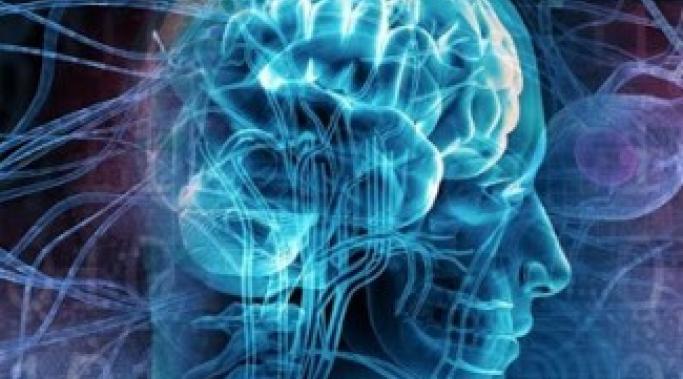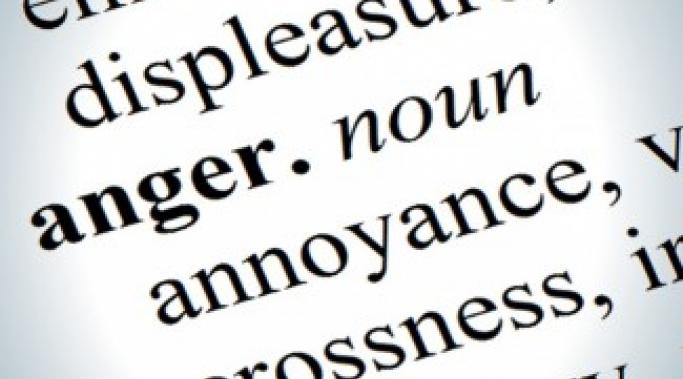It seems like there are 1000 things I can’t do because of bipolar disorder, but what I’ve learned is that I need to focus on what I can do with bipolar disorder, not what I can’t. Because there are things we all can do. We often take those things for granted – but they are still there. We all have a “can” list and a “can’t” list. We, with bipolar, need to focus on our “can” lists.
Coping
Getting things done when you’re depressed isn’t just about finding time. Getting things done with depression is also about finding brain space. Brain space, for me, is the biggest limiter of my functionality in bipolar (at least partially because I’m a writer). It feels like my brain gets “full’ and then I can’t do anything because I can’t think. Or I can’t handle thinking. Or thinking causes such anxiety that I’m frozen. This brain space limits me getting things done when depressed.
Anger can be tough to deal with in bipolar disorder. Some people really do find they get extremely angry often for no reason other than bipolar disorder. And, as most people know, feeling angry, and even worse, acting angrily, are not positive experiences. Here are some tips on dealing with anger in bipolar disorder.
Over time, bipolar disorder can cause a decrease in functionality when it is being particularly nasty. Day-to-day activities like showering, cooking, going to work or even socializing can seem impossible (Why Don't We Want to Shower When We're Sick). They can seem like climbing up an infinitely tall staircase. In my case, I’ve been trying to write an article that requires a bit of research for three days and I just can’t. I can’t function well enough to do it. I’ve watched as my functionality has decreased over the week thanks to bipolar disorder and it just sucks.
I have found that one way to avoid suicide is to look forward to the little things. I know that sounds simple, but some of the most useful coping techniques are and as I’ve said to many people, when you have a mental illness, you need to do whatever works for you. If it’s stupid but it works, then it’s not stupid. And one of the “not stupid” things I’ve found to avoid suicide is focusing on looking forward to the little things.
I have found that depression, in my case bipolar depression, amplifies physical pain (Mental Illness Means Physical Pain Too). Yes, depression brings about its own pain, to be sure, but additional to that, I believe depression amplifies the physical pain we already feel in our normal, daily lives. Stubbing your toe hurts, but stubbing you toe with serious depression feels like it could kill you.
Fluctuations in energy levels in bipolar disorder can be a challenge to manage, at least, in my experience. What I find, is that my energy fluctuates throughout the day in unusual and very bipolar ways. These hourly energy changes require care and interrupt what I want to do. It might be due to the fact that I tend to cycle very rapidly (when I truly cycle, which is rare), but from what I can tell, bipolar causes energy level changes throughout the day.
I know it sounds weird when a blogger says “don’t talk to a blogger for help.” After all, aren’t we in it to help? Don’t we want comments? In fact, it’s true; I do hope to help people and I do love to see the comments of my readers. But if you’re in serious mental illness distress, you need to take an action step and not talk to a bipolar blogger.
I’m in bipolar-related pain almost all the time but, of course, my job is to ignore the bipolar pain. This is a tall, huge, gigantic, herculean order (Anticipating Bipolar Pain Is Good?). It is not a small thing to ignore the pain you are in – regardless of type but, perhaps, brain pain is even worse than, say, the pain of a broken leg because at least there is some relief from the broken leg when you lie down and elevate it. This is not the case with bipolar pain. That said, these eight tips for ignoring bipolar pain might help.
The holidays are here and one of the issues people face when spending time with family is that some loved ones don’t believe in mental illness. This lack of belief often upsets people with mental illness tremendously and makes them even doubt themselves and their own experiences. This lack of belief can be very detrimental, indeed. But you needn’t be so harshly affected when your loved ones don’t believe in mental illness.








